
Mazhar Tirmazi: Poet of Umraan Langhiaan Pabban Bhaar
Mahmood Awan reviews poetry of Punjabi Poet Mazhar Tirmazi who wrote the famous poem ‘Umraan Langhiaan Pabbaan Bhaa”

Mahmood Awan reviews poetry of Punjabi Poet Mazhar Tirmazi who wrote the famous poem ‘Umraan Langhiaan Pabbaan Bhaa”

An account of the Punjabi soldiers who became the cannon fodder of the colonising power in World War I, and the mournful songs and literature this episode in history generated in its wake
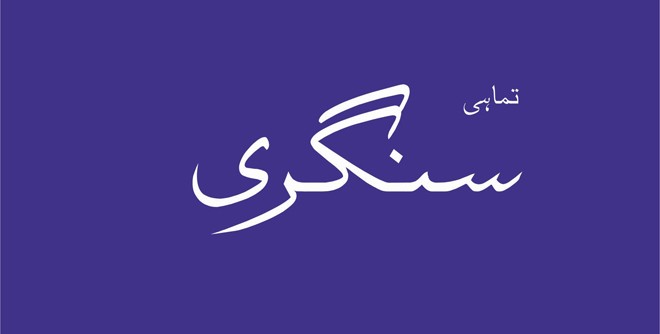
Sangry has brought a fresh lingual and literary perspective and the current issue is a testimony to that
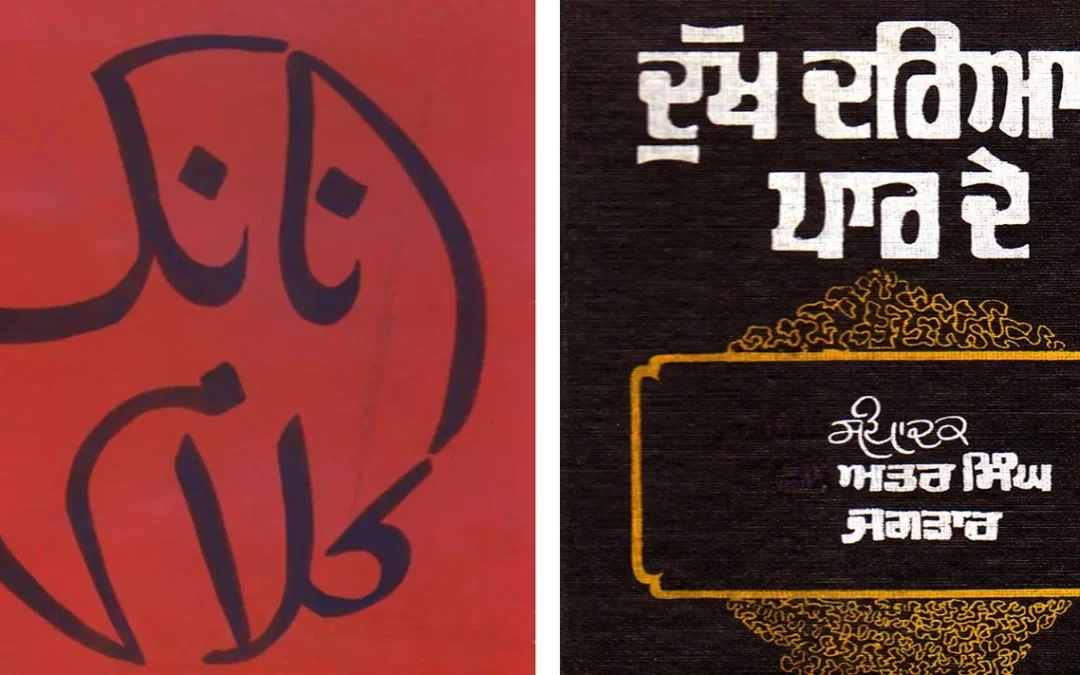
The language of Baba Farid, Guru Nanak and Damodar Dãs has something special about it. In the darkest of times and against all odds, it has had the resilience to survive
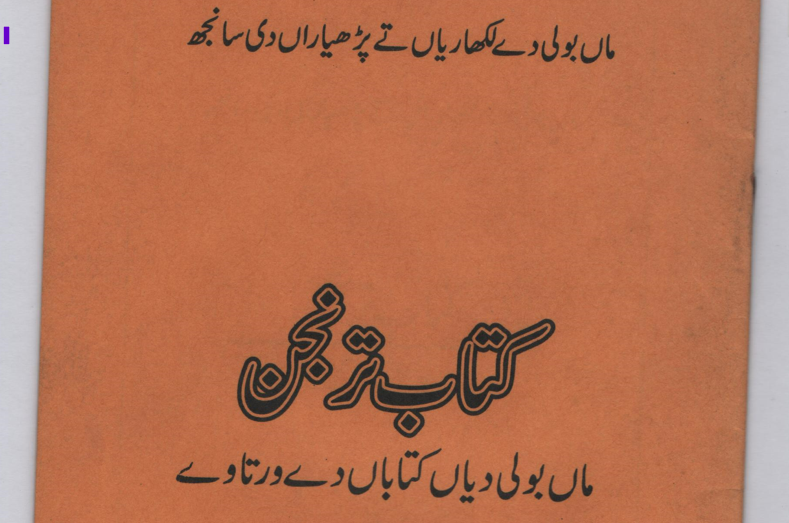
The story began in Mian Chambers, 3 – Temple Road, Lahore in February 1998, when I was searching for books by Najm Hosain Syed.
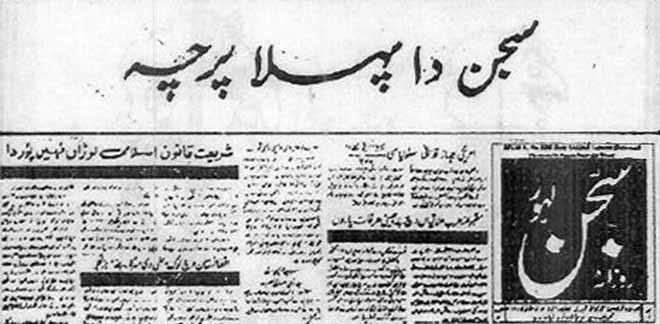
Sajjan was launched on February 3, 1989 from Lahore with a meagre amount of Rs1,76,606 from ordinary Punjabi lovers. All the staff except a few office workers was voluntary and without allowances or perks.
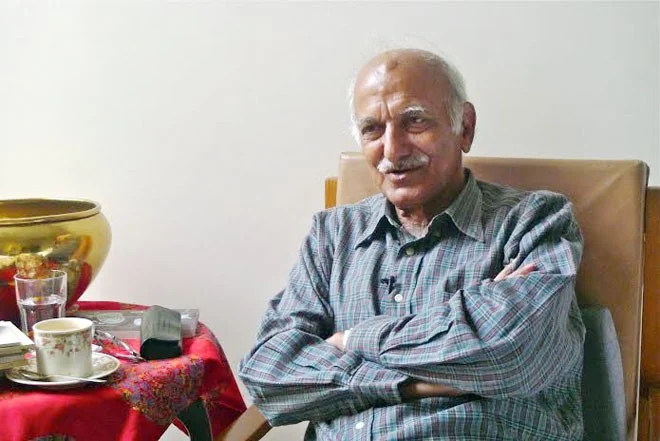
Ameeq is a teacher, activist, critic and essayist. He is one of the most original and low profile writers of Punjabi — a master. But for me he has always been a poet foremost as that’s how I came to know him.
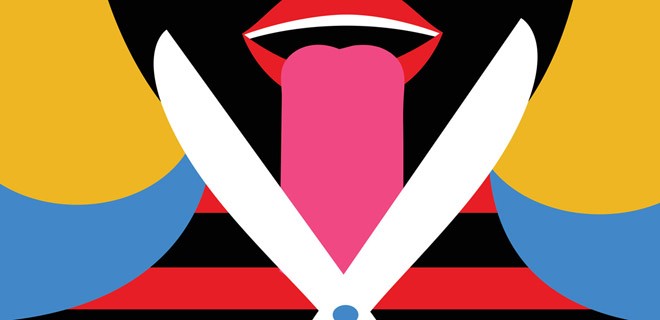
A language can survive in exile. But what about a language that has been exiled by its own people and by its own state?
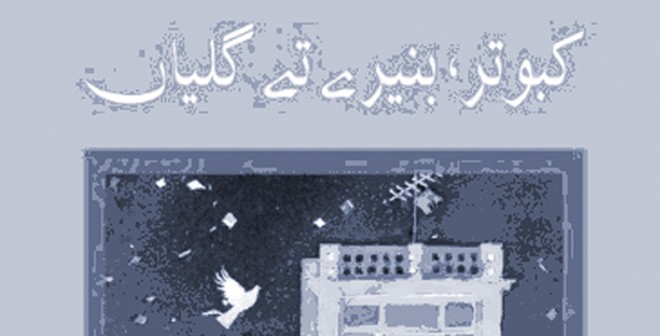
Zubair Ahmad is a poet, essayist, critic and short story writer. He is one of the most credible names of contemporary Punjabi fiction on both sides of the border
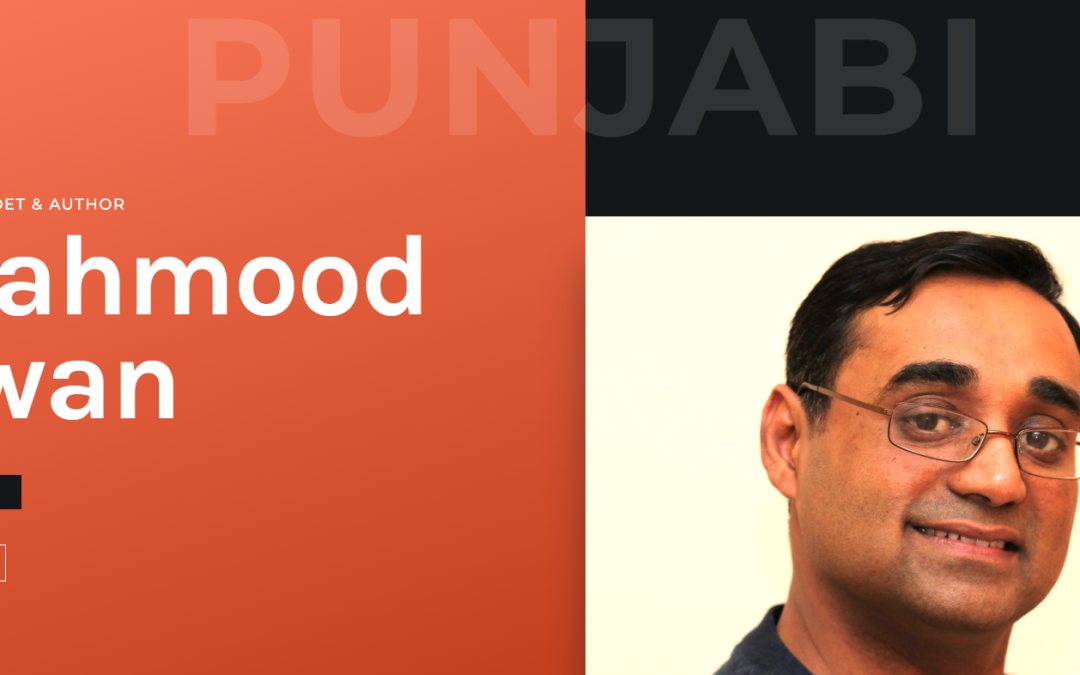
When so much is happening around, poetry can’t stay on the sidelines. It has to confront not only its own lyrical sweetness but the standard tools of writing